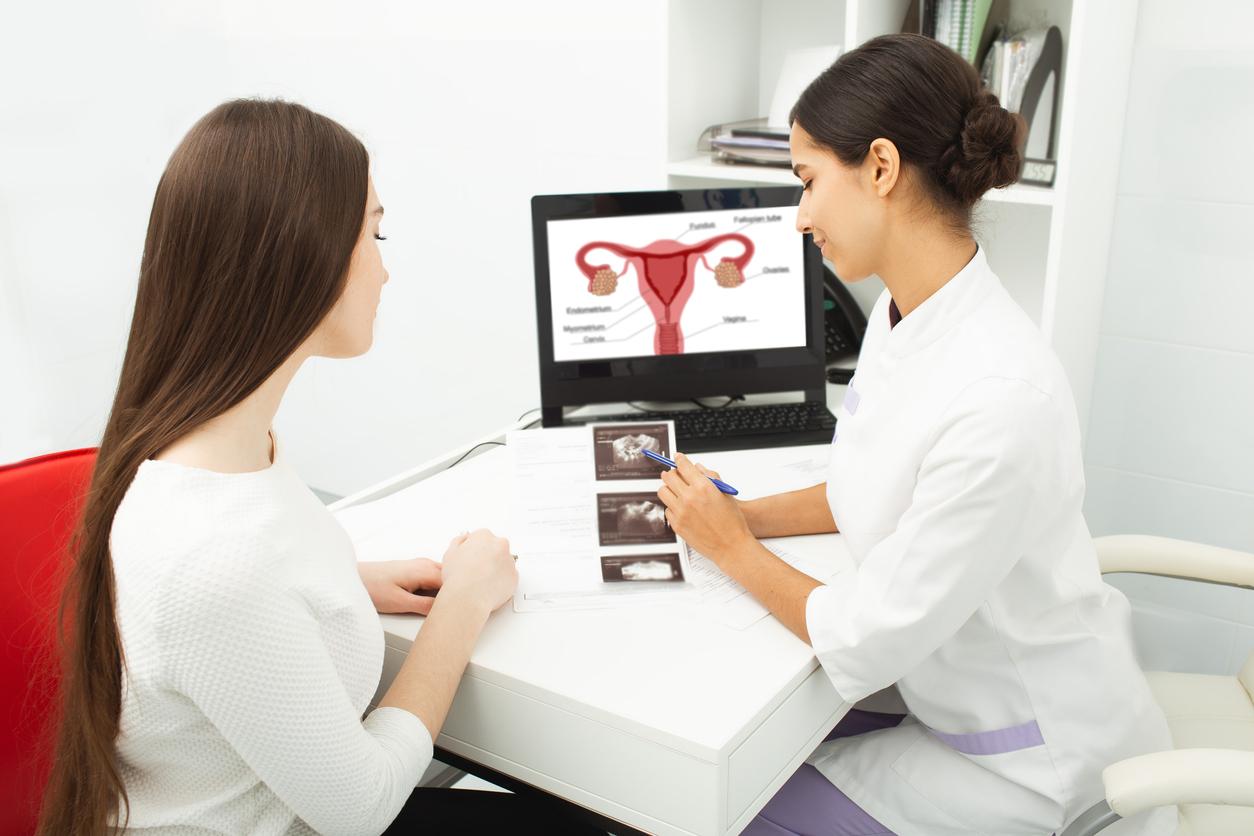Women who are underweight in early to mid-adulthood are at higher risk of early menopause, according to results of a study published in the medical journal Human reproduction.
Researchers at the University of Massachusetts in the United States analyzed the medical data of 78,759 women who declared themselves premenopausal when they enrolled in the Nurses’ Health Study 2 in 1989. These women reported their weight at 18. years, at enrollment of the study and their size. The average age of the participants was 34.8 years.
Volunteers filled out questionnaires every two years to update their medical information. At 22 years of follow-up, 2,804 participants reported early menopause (before age 45). The study authors explored the relationship between early menopause and various measures of body fat, including body mass index (BMI) at age 18, at baseline and at age 35. They defined being underweight as a BMI under 18.5 and overweight at 25 or over.
Weight, a risk factor for early menopause
The results of the study showed that women who were underweight by age 18 had a risk of early menopause more than 50% higher than those at normal weight. Women aged 35 had an almost 60% higher risk.
On the other hand, being overweight seems to delay the onset of menopause. Indeed, women with a body mass index between 25 and 29.9 kg / m2 had a lower risk of 21 to 30% compared to very thin or normal weight women.
The researchers also found that participants who reported losing nearly 10 kg or more, three or more times between the ages of 18 and 30, were 2-4 times more likely to experience premature menopause in their lifetime. 10% of women are affected by early menopause.
“Early menopause has been associated with a higher risk of cardiovascular illnesses and other health problems like cognitive decline, L’osteoporosis and premature mortality, ”said Kathleen Szegda, University of Massachusetts professor and study author.
Read also:
Vegetable proteins against early menopause
Early menopause: tobacco partly responsible
Early menopause increases cardiovascular risk


















